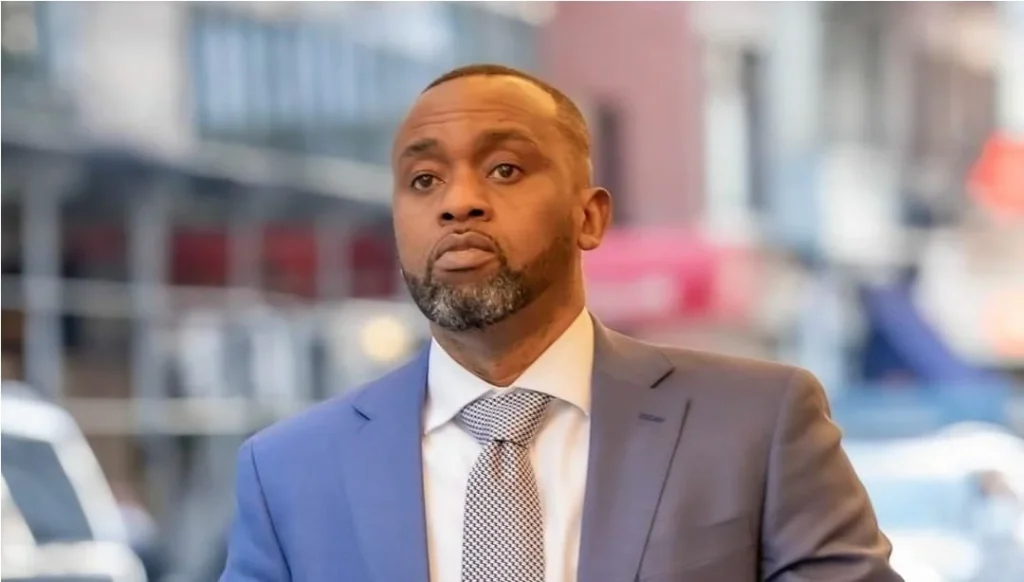Events all throughout the world have consistently demonstrated the connections that typically exist between the state and the prevalent religions in such a society. The unholy partnership of the State and the Church was one of the main causes of the French Revolution and the collapse of the Bastille on May 5, 1789–November 9, 1799. History says that while the people were burdened with a variety of charges, including the salt tax, the Bishops were living an ungodly life of extravagance at Versailles. Napoleon Bonaparte made the derogatory comment, “I shall not take my crown from the gutter,” when he declined to have his crown bestowed upon him by the Pope in the years following the French Revolution. As we apishly still mimic in our observance of protocols in Nigeria today, religious figures in Britain and numerous other nations have attained enviable recognition by the State and are referred to as Lords Spiritual and Temporal at public occasions and meetings. Nothing political in Nigeria exists that does not also bear a religious symbol, and any religion that does not bear a political symbol is not recognized by the government.
Religious matters have reached a great dimension in politics and what normally should be a personal inclination of the individual aligning with people of like minds in modes, methods, and outer means of worshipping God of one’s understanding in sacred places and times, is now a subject of politics, politicians, and politicking Politicians, politicians, and state policies should be the exclusive domain of their own, yet they sacrifice religious figures for their religious expression and impression, including despair. All forms of religion, when viewed as an external means of accessing the inner temple of God within each person, can guarantee spiritual elevation to the Kingdom of God. On the other hand, this renders religious observances meaningless, and religion itself destroys God from the inside out, just as truth without a religious foundation is like soup without salt.
Every religious person in every community should ideally be a child of God or a servant of God serving both God and humanity. Several other students in this class have made the decision to advance in their religious beliefs in order to serve God and other people, based on their convictions and level of personal dedication. More selflessly and sincerely than their flock, they are assuming the role of rulership and leadership of their respective religious persuasions inside their hierarchies. Others entrust their lives and their spiritual convictions to them as the shepherds of their flocks. They are respected and seen as God’s arbiters. Religious leadership and control can be inherited or bestowed momentarily, as well as through familial, clan, and lineage dynasties. Just as the biblical House of Levi is from Ile Lemamu, so too is the average Imam in Offa. Because they are subjects and objects of family, clan, heritage, and inheritance, the choice and ascent of Emirs and Sultans is a religious and political matter. The idea that religious leaders and politicians in Nigeria are genuinely serving God and humanity has been tainted by the continuous blending of religion and politics, as well as the inherent wrongdoings in both fields.
Today, many of our religious leaders and their political equivalents exhibit selfishness and avarice, supporting Kenneth Idiodi’s assessment that: “Politics has taken hold of religion, religion has taken hold of politics, and politics and religion have become commodities.” How do we hope to have a thriving country under this situation? To what extent are the split devotees devoted? I agree with a Muslim mystic when she says, “The true mosque is built in the pure and holy heart, not the one built of stones.” “My Father’s House of Worship has become the den of Thieves, stealing in the name of Lord,” declared our Lord Jesus Christ. Therefore, it is up to us to look within for our God. Let us submit to the teachings of a Muslim mystic at a period of religious devotion while we are outside in congregation: “Now we shall throw you into the fire of spiritual passion and you shall become refined.” When faced with the clear demand to “Serve Nigeria with all my strength,” let’s undergo a spiritual rebirth and not merely accept the outward declarations of our religions. to preserve her honor and splendor and to protect her togetherness. So please, God, help me.













